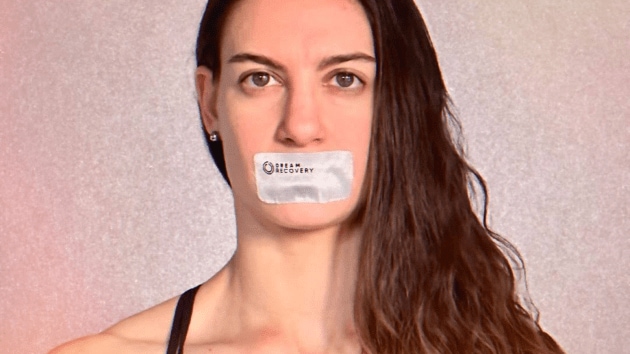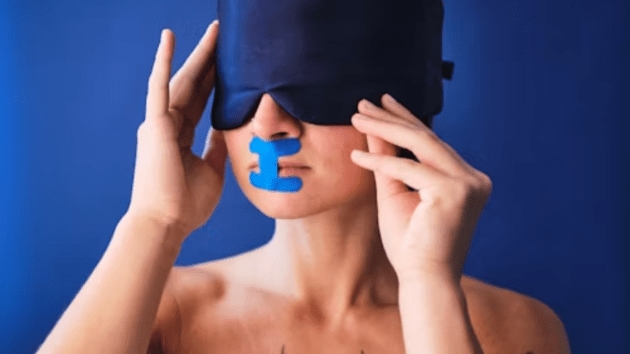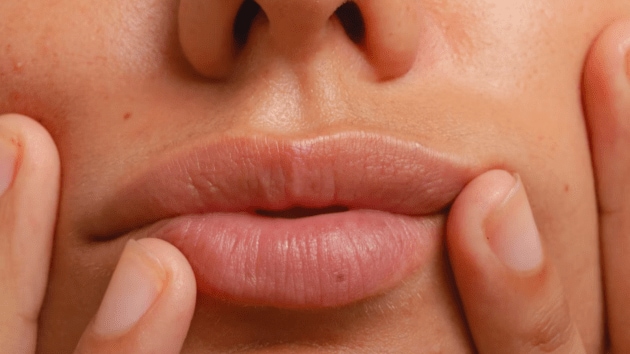What is mouth taping?
Here's everything you need to know about mouth taping and if it is worth the money.
October 23, 2025 17:02 IST 1 / 7
1 / 7Mouth taping involves placing a strip of tape over the lips during sleep to encourage nasal breathing. This practice has gained popularity through social media and wellness influencers. Advocates claim it can reduce snoring, improve sleep quality, and support better oral health. (Source: Photo by unsplash, reference from sleep foundation )
 2 / 7
2 / 7Potential Benefits: Some studies and anecdotal reports suggest mouth taping may reduce snoring in individuals with mild obstructive sleep apnea and improve overall sleep quality. Users also report benefits such as better concentration and reduced night time thirst. (Source: Photo by unsplash, reference from sleep foundation )
 3 / 7
3 / 7Risks and Considerations: Mouth taping is not recommended for people with nasal congestion, sleep apnea, or respiratory issues. It can cause skin irritation or allergic reactions, and may worsen anxiety or claustrophobia in some individuals. Additionally, it can pose risks if vomiting or acid reflux occurs during sleep. (Source: Photo by unsplash, reference from sleep foundation )
 4 / 7
4 / 7Increased Anxiety: Some individuals may experience heightened anxiety or a feeling of suffocation due to the sensation of having their mouth taped shut. (Source: Photo by unsplash, reference from sleep foundation )
 5 / 7
5 / 7Effectiveness and Evidence: Scientific studies on mouth taping are limited. Some small studies suggest it may benefit people with mild obstructive sleep apnea, but overall, the evidence is inconclusive. More research is needed to confirm its effectiveness. (Source: Photo by unsplash, reference from sleep foundation )
 6 / 7
6 / 7Skin Irritation: Adhesive tape can cause redness, irritation, or allergic reactions on the lips and surrounding skin (Source: Photo by unsplash, reference from sleep foundation )
 7 / 7
7 / 7Exacerbation of Sleep Disorders: Mouth taping is not recommended for individuals with untreated sleep apnea, chronic nasal congestion, or other respiratory issues, as it can worsen these conditions. (Source: Photo by unsplash, reference from sleep foundation )











